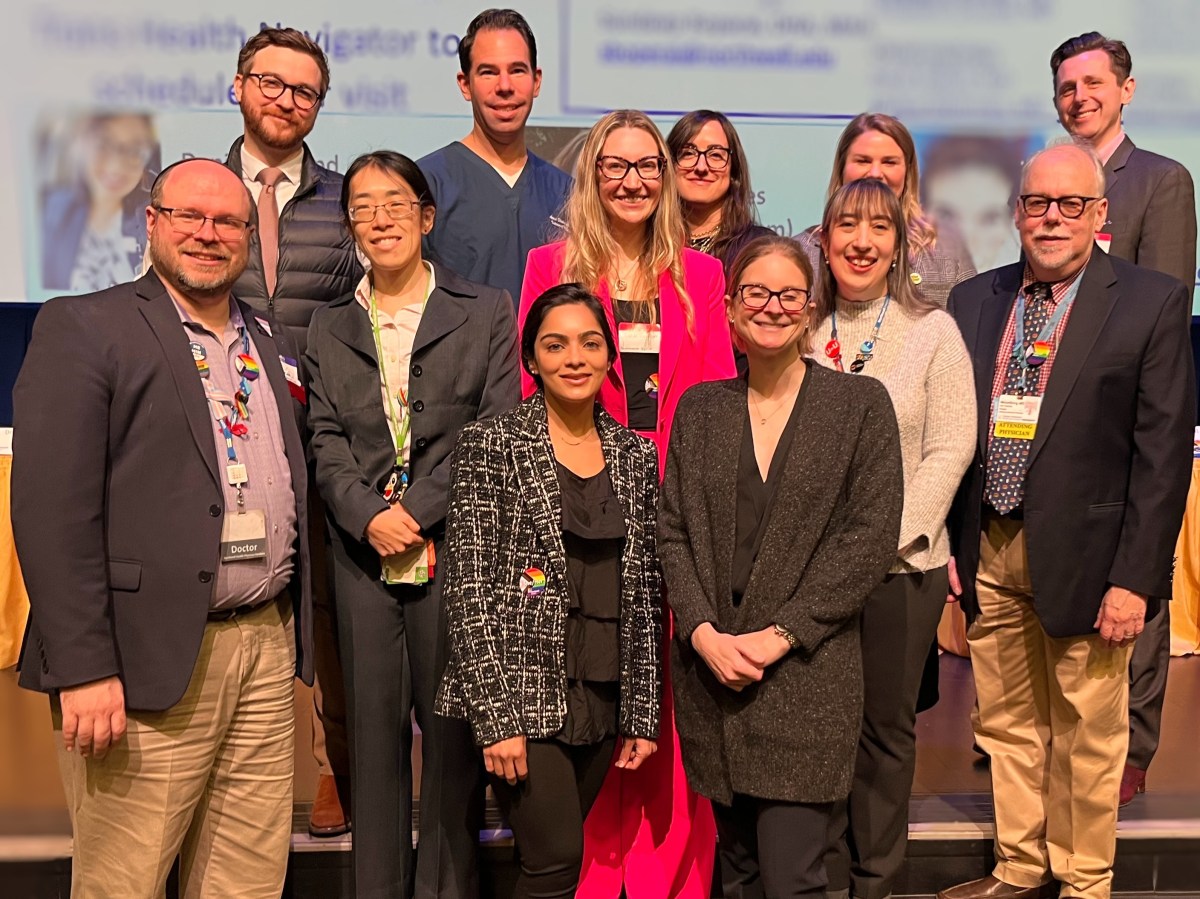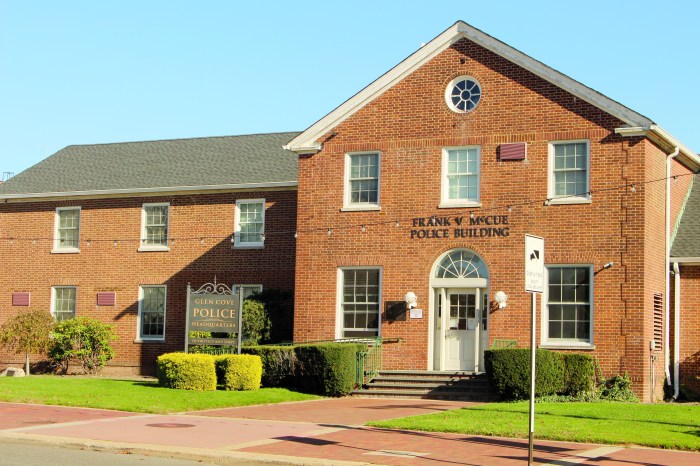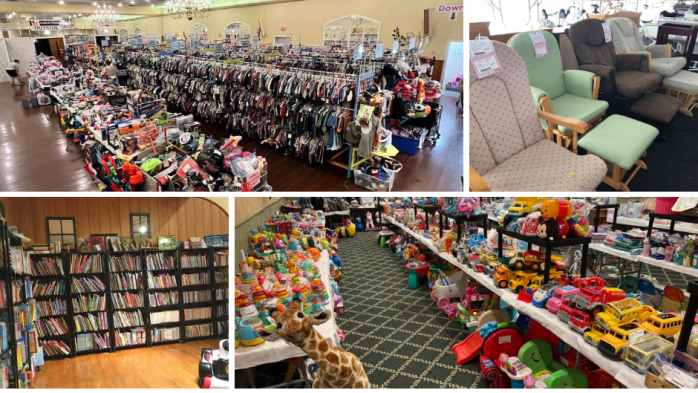Northwell Heath’s Center for Transgender Care gathered the transgender, gender non-conforming and non-binary community and its supporters for its sixth annual conference Nov. 24 where community members received support on various topics.
The conference’s support was timely for transgender individuals, Director David Rosenthal said, as it came in the wake of the presidential election where gender affirming care faced scrutiny by President-elect Donald Trump and a current Supreme Court case determining the ability to restrict it.
“We know that gender-diverse people have really existed back to ancient sources… This is not something that is new,” Rosenthal said. “These individuals have always been here and we need to make sure that we can provide care for them that meets their needs.”
Rosenthal is the founding medical director for Northwell Health’s Center for Transgender Care, who opened the center in 2016 and its New Hyde Park facility in 2020. The center has served more than 3,00 transgender patients of all ages to meet their overall healthcare needs.
The conference was started to bring together the transgender community and LGBTQ+ organizations on Long Island, Rosenthal said. The conference allows for a flowing exchange of ideas and input from the community through this unification, as well as providing education forums on transgender topics, he said.
Workshops cover a diverse array of topics and cater to many individuals, whether specifically for transgender individuals or their supporters. These included legal name and gender marker changes, transgender history and athletic inclusion.
The conference also included a panel of 11 healthcare providers to give information on all healthcare needs, including fertility, endocrinology and facial surgery. A question-and-answer session followed.
“It’s a way to gather input from young people, older people, people who have parents who are trans, people who have kids who are trans, and really give them medical information and other factual information to help make sure they can make decisions that are going to help them and their transitions,” Rosenthal said.
He said Northwell Health’s system provides holistic care to its patients, especially for those who are transgender due to its diversity of healthcare providers who are knowledgable and also affirming in their care. He said this is crucial for trans patients who oftentime are hesitant to seek care due to fears of being mistreated by healthcare providers.
One medical highlight Rosenthal mentioned is the development of ovarian freezing for transgender people to provide fertility options. This development, which is the first on Long Island, was led by Dr. Randi Goldman.
Over the six years, the conference has grown.
The growth materialized in the number of community-based organizations that participated in the conference this year, which was the most that had in its history. This included the second annual partnership with Out My Closet, an organization that donates new clothes to trans people to help switch up their wardrobes.
This year’s conference also expanded the parent forum and provided channels for parents to share their best practices in caring for a transgender child with other parents.
Another addition this year was a community social hour at the conclusion to foster connections.
“We know that social isolation and stigma are enormous challenges for the trans community,” Rosenthal said. “So creating venues where people could have conversations with each other, talk about a board game or the computer game they like to play, or the music they like to listen to, and just creating those opportunities for conversation allow people to meet each other and allow for that social isolation to be addressed across the community.”
As the conference has grown, so has the center’s team.
In founding the program, Rosenthal, who is not transgender, sought support from transgender individuals through its community advisory board. He said this helps cater to transgender needs by having direct input from the community.
“Having other people be able to work with the community advisory board and be able to put together details really makes this program even more successful,” Rosenthal said.
This year’s conference, though, came in the shadow of the 2024 presidential election. Rosenthal said this election confounded a lot of fear in the community as threats to gender affirming care, notably by Trump, had plagued the election.
Conversations about these fears of current and potentially threatening policies were held during the conference. But relief came through their locale, Rosenthal said, as New York State provides protections for gender affirming care.
Present at the conference was Gov. Kathy Hochul’s deputy director of LGBTQ+ Affairs, Chanel Lopez.
Rosenthal said Lopez sent a message that helped ease some of these fears.
“On Transgender Day of Remembrance, we mourn those we lost to transphobic violence,” Lopez said at the conference. “From statehouses to the U.S. Capitol, trans rights are under attack. New York will always be a safe haven for the trans community, and we will protect them from all forms of bigotry and hate.”
However, threats continue to be made to transgender healthcare.
The Supreme Court is currently considering a case that would determine whether or not states have the right to restrict gender affirming healthcare. Currently, 26 states have implemented such bans.
Concerns Rosenthal raised with these bans included significant mental health challenges, self-harm and higher suicide rates for those who are unable to receive gender-affirming healthcare nor receive support.
Rosenthal said this decision is not one that should be made by the courts.
“Healthcare is very complicated,” Rosenthal said. “And I don’t believe that healthcare should be legislated and I don’t believe healthcare decisions should be made by the judiciary. I believe that the best healthcare decisions can be made when a doctor and a patient are having a conversation and the provider is using evidence-based care to provide for that patient in a compassionate and holistic way.”

































